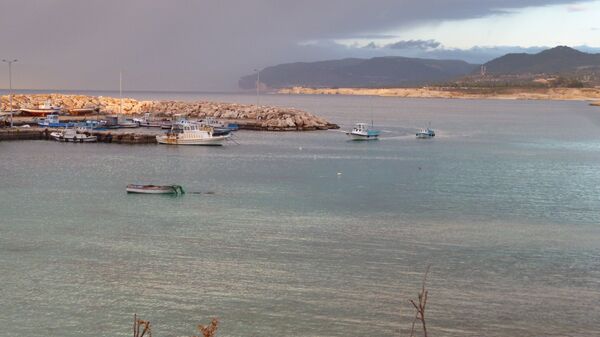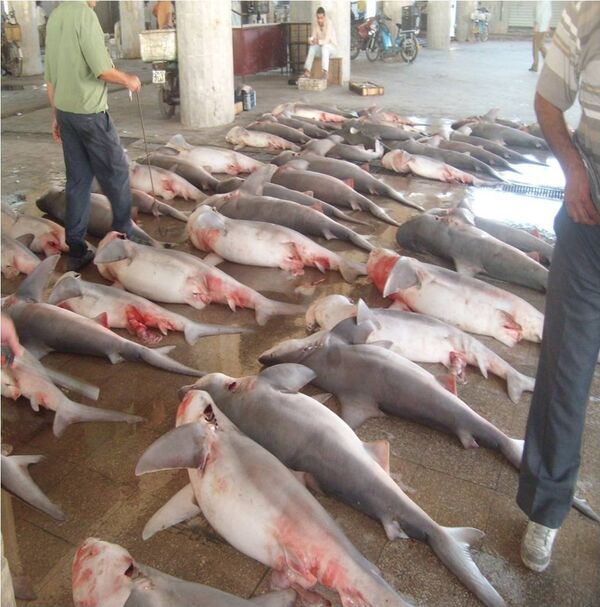The Syrians living in coastal areas started using an old method of catching birds in order to make ends meet, Muhannad Maalan, a resident of Latakia, said.
In an interview with Sputnik, the man described how he and his family smear wooden sticks with special glue, which helps them catch their pray into a trap.
"We collect fruits, bring them home, peel and chew them, and then spit it all out into a bowl. Then we add glycerin, so that the glue does not freeze in the cold, and mix it with natural honey so that it also works in the heat. And finally, we add white, green and honey colors. Green helps to make the glue invisible among the greens, honey helps to hide it in the dry grass, and white helps to assimilate it with fig trees that attract birds even at night," Maalan said.
To help Syrians in their fight against hunger, the Syrian government has also authorized shark fishing, a representative of the Syrian Society for the Protection of Wildlife, Mueyna Badran, told Sputnik.
According to reports, in recent years every Syrian has consumed three times more fish than before the war. This, in turn, has had drastic consequences for the sea environment, the ecologist claimed.

"Some fishermen took advantage of this decision and got engaged in poaching. The result of this can be seen in fish markets in Latakia and Tartus, where a large number of sharks are sold. Previously, this was not the case," Badran concluded.

In order to survive, many people have also started growing their own food, a resident of the Syrian city of Deir ez-Zor, Khaled al-Abdallah, told Sputnik.
"We could choose: either we work together, or die. We preferred the first option. Farming has become the only way for us to feed our families," the man concluded.



